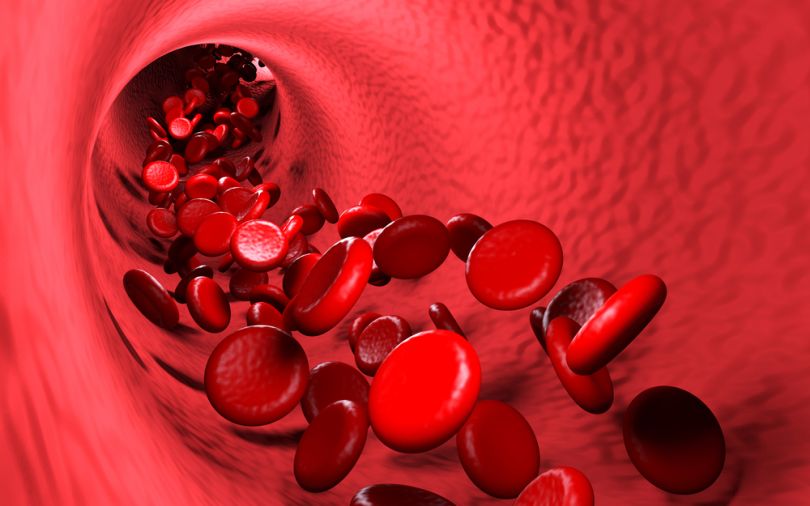
Monitoring blood flow after blood vessel surgery is critical for patient care. Stanford University researchers have developed a new wireless, battery-free, biodegradable blood flow sensor that does not need to be removed and can alert a patient’s doctor to potential blockages. The research was detailed in a paper recently published in Nature Biomedical Engineering, according to Stanford News.
“Measurement of blood flow is critical in many medical specialties, so a wireless biodegradable sensor could impact multiple fields including vascular, transplant, reconstructive and cardiac surgery,” said Paige Fox, assistant professor of surgery and co-senior author of the paper, in the press release. “As we attempt to care for patients throughout the Bay Area, Central Valley, California and beyond, this is a technology that will allow us to extend our care without requiring face-to-face visits or tests.”
The sensor would allow doctors to identify post-surgery issues right away, offering the opportunity for earlier interventions that can eliminate the need for risky, additional surgeries.
By wrapping around a healing vessel, the sensor’s surface is sensitive to flow of blood and its capacity to store electric charge fluctuates, in turn, with its changing shape. Doctors monitor an external device located near the skin, which pings the antenna of the sensor for a reading.
“We were always interested in how we can utilize these kinds of sensors in medical applications but it took a while to find the right fit.”
Chemical engineer Zhenan Bao’s research related to giving prostheses a delicate sense of touch formed the basis of the wireless version of this sensor’s technology.
“This one has a history,” said Bao, the K. K. Lee Professor in the School of Engineering and co-senior author of the paper, in the press release. “We were always interested in how we can utilize these kinds of sensors in medical applications but it took a while to find the right fit.”
Bao describes the promise of interdisciplinary research in the future of patient care.
“Using sensors to allow a patient to discover problems early on is becoming a trend for precision health,” Bao added. “It will require people from engineering, from medical school and data people to really work together, and the problems they can address are very exciting.”



